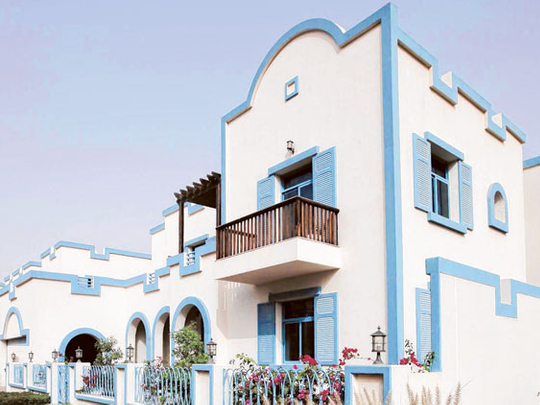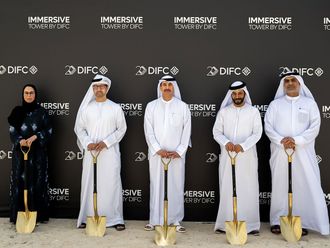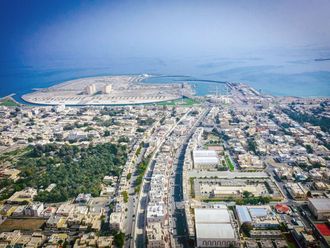
During the peak years of the local property market, transactions were dominated by short-term investors who flipped units for profits. This resulted in abnormal hikes in prices and increased the cost of living.
Regulations were quickly enforced to control this practice by compulsory registration and tax on short-term sale. These steps however, failed to control speculators and property prices spiraled.
This behaviour, however, has undergone a change in the post-crash uptrend. Buyers are now investing with a long-term perspective, thoroughly researching their investments.
According to mortgage lender, Tamweel, nine out of 10 buyers are now end-users. The number of cash buyers in Dubai has reduced significantly as the market now driven by end-users and home finance being readily available.
In 2008 and 2009, the majority of transactions were done by cash buyers. Sellers have also evolved in post-crash period.
Intense competition has pushed out many fly-by-night operators leaving the market to mature brokerage firms with long-term commitment. This shift is quite significant, as it will provide much needed consistency and transparency in the market.
Hit by liquidity issues and oversupply in the home market, developers here have added international projects to their profile mainly in Turkey, Egypt and Iraq, bringing in much needed liquidity and diversification.
Another upcoming trend has been witnessed as the emergence of websites as places of contact between buyers and sellers. According to the report, the level of ICT skills among the population of the UAE is highest in the Middle East.
The working population has easy access to computers, with 94 per cent of government employees and 95 per cent of non-government employees using a computer at work in 2011. Property websites provide industry participants a platform for searching alongside other tools and information.
Property portal
Following the trend, Rera also launched its own property portal, Simsari, to create a secure and transparent destination for owners, investors and brokers. Experts believe the move will reduce the number of “ghost” listings, common in the UAE, and, more possibly, the agency being able to limit listing of one property with not more than three agencies.
Registration with Simsari.ae has become mandatory and Rera issued a deadline of August 31 for all agents and organisations to get their properties registered with this system. With over 209 brokerage firms registered, the portal is set to provide a transparent way to purchase property in the UAE.
Uncertainty that followed the property crash in Dubai has turned the market in favour of buyers. They were spoilt for choice with sellers offering free-rent period, huge discounts and just about everything to strike a deal.
Although the recent optimism may have put an end to freebies, buyers continue to enjoy better deals in the form of ancillary services like security, maintenance and district cooling which were rarely offered earlier.
Another key development has been the re-emergence of the leasing segment. With an oversupply of properties and dwindling off-plan sales, most agents ventured into leasing.
It has proved to be a consistent cash generator to keep the firms afloat during the crisis period. The transaction levels are rising due to rising job security and increasing market confidence among investors.
It can be concluded that the post-crash period has been transformational for the industry and the participants are now geared up for business driven by a tide of optimism.
— The writer is the country manager – UAE at Chesterton International.












